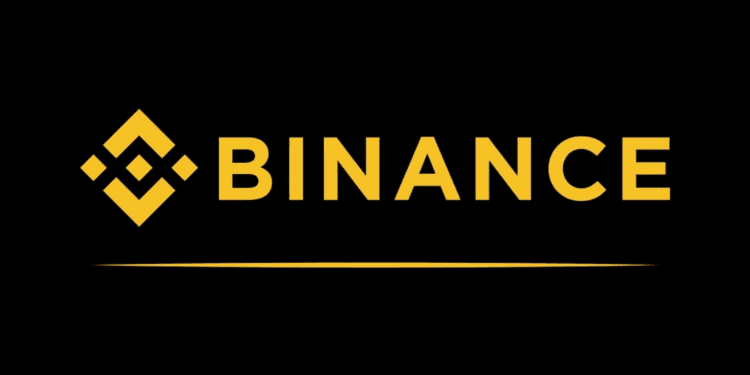- Binance has withdrawn its application for a crypto license in Germany and has now exited from several European markets including the UK, Austria, Belgium, and the Netherlands.
- The company’s withdrawal is strategic, as it refocuses its efforts on complying with the upcoming MiCA regulations in Europe.
- Despite these withdrawals, Binance is committed to maintaining its presence in major registered markets like France, Italy, and Spain where it has significant customer bases.
Binance, the world’s largest crypto exchange by trading volume, made the decision to exit Germany following its application rejection by the country’s main financial regulator, BaFin. In a bid to comply with the upcoming MiCA or Markets in Crypto Assets regulations in Europe, Binance has also withdrawn from other European countries, including the Netherlands, Cyprus, and the UK.
The withdrawal from Germany comes after the exchange’s registration was rejected last month by BaFin. Binance was left with no other option but to drop its application. The decision was not isolated to Germany. Binance had earlier faced similar challenges in the Netherlands, where it failed to register as a virtual asset service provider, and in the UK, where banking partners terminated agreements with the exchange, impacting deposits and withdrawals.
However, Binance has not completely abandoned these markets. The company still has about 2 million customers in Germany and continues to receive an influx of approximately 12,000 subscribers each week. Despite these withdrawals, Binance remains committed to compliance with European regulations and intends to seek fewer regulated EU entities, especially in its larger registered markets like France, Italy, and Spain where it already has a significant presence.
Striving for MiCA Compliance: A Pan-European Regulatory Framework
With MiCA set to provide a legal framework for crypto in Europe next summer, Binance is actively seeking to comply with these new guidelines. The company’s decision to withdraw its German application is largely due to a desire to focus on MiCA compliance. It appears Binance sees an opportunity in the entry of MiCA, which will allow crypto providers to operate across the entire Union if they meet certain conditions. Despite the recent setbacks, a spokesperson for the exchange reaffirmed their intention to apply for appropriate licensing in Germany.
However, the exit from Germany and other countries does not mean Binance is scaling back its ambitions entirely. The exchange plans to reapply for a crypto license in Germany, reflecting the significant changes in the global market and regulation. For now, Binance can continue to operate as usual in Germany, minus the ability to conduct advertising campaigns.
Binance’s Global Regulatory Challenges
Outside of Europe, Binance has had to navigate various challenges, particularly in the United States. Federal regulators, including the Securities and Exchange Commission (SEC) and the Commodities Futures Trading Commission (CFTC), have targeted Binance for several alleged violations. While the company vigorously defends these charges in court, it continues to strive for compliance with various local laws while maintaining a solid corporate structure.
Binance’s regulatory difficulties in Europe and the US may initially appear as setbacks. However, they may provide the crypto giant an opportunity to demonstrate its resilience and strength. By complying with local regulations and the upcoming MiCA guidelines, Binance can potentially pave the way for a successful future on a global scale.














